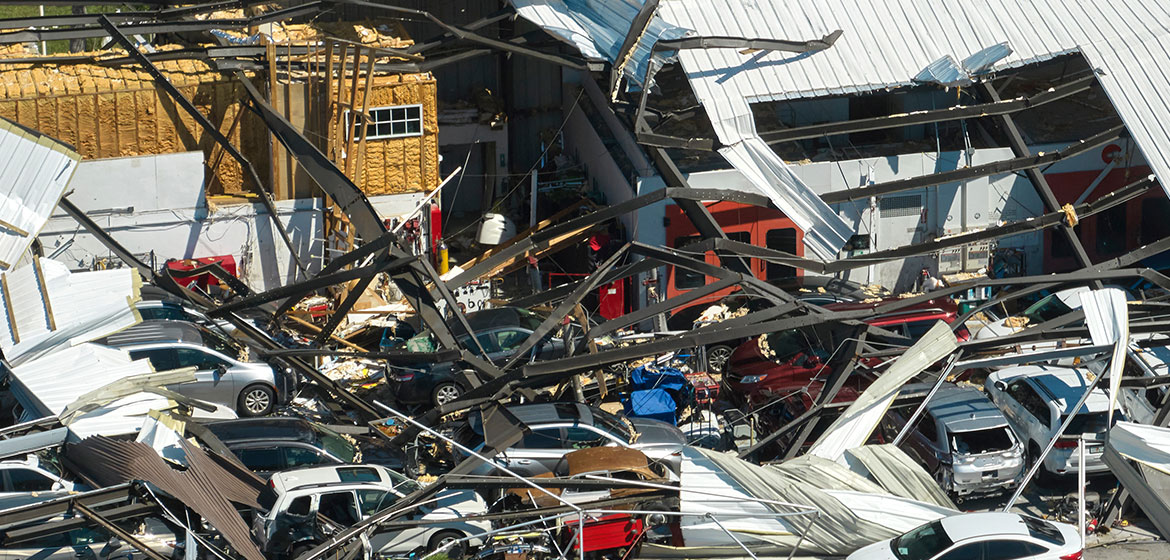A Quick Guide To Commercial Umbrella Insurance

Commercial umbrella insurance is a type of excess liability insurance that provides additional coverage in the event that damages exceed the limits of your existing liability policies. This guide will provide an overview of commercial umbrella insurance, including what it is, who needs it, and how to get started.
What is Commercial Umbrella Insurance?
Commercial umbrella insurance is designed to protect businesses from large liability claims and lawsuits. It provides additional coverage above and beyond the limits of your existing liability insurance policies, including business owner’s policies (BOPs) and commercial general liability insurance (CGL).
Eligibility Requirements for Commercial Umbrella Insurance
In order to be eligible for commercial umbrella insurance, your business must meet certain requirements. The most typical eligibility requirement is that you must have commercial general liability insurance with limits of at least $1 million per occurrence.
You may also be required to have other types of insurance, such as automobile liability insurance or workers’ compensation insurance. You must also have general liability insurance.
How Commercial Umbrella Insurance Protects Your Business
Commercial umbrella insurance can provide a vital safety net for businesses in the event of a large liability claim. For example, if your business is sued for $5 million and you only have $1 million in liability coverage, commercial umbrella insurance would provide the additional coverage necessary to pay for the damages. This can help protect your business from financial ruin in the event of a major lawsuit.
Additionally, commercial umbrella insurance can also provide protection against smaller claims that may not be covered by your other liability policies.
For example, if you are sued for $50,000 and your commercial general liability policy only has a limit of $500,000 per occurrence, commercial umbrella insurance would provide the additional coverage necessary to pay for the damages.
This can help protect your business from out-of-pocket expenses in the event of a small lawsuit.
Who Needs Commercial Umbrella Insurance?
All businesses should consider commercial umbrella insurance, regardless of their size or industry. Even businesses that have relatively low risks should consider purchasing commercial umbrella insurance to protect themselves from potential lawsuits and liabilities.
With that said, there are certain companies that need umbrella insurance more than others. This includes those that are in high-risk industries, such as construction or transportation.
Businesses with many assets at risk, such as hospitals or technology companies, also need commercial umbrella insurance to protect themselves from potential lawsuits. And finally, businesses that do not have a lot of liability coverage from their other insurance policies should also consider commercial umbrella insurance to provide additional protection.
Companies that frequently have clients or guests who work in their establishments also need commercial umbrella insurance.
How to Get Started with Commercial Umbrella Insurance
If you’re interested in purchasing commercial umbrella insurance for your business, start by talking to an insurance agent or reliable insurance company. They can help you find the right policy and make sure you meet all the eligibility requirements.
For instance, Stone Claims Group is a well-known and experienced public insurance adjuster that specializes in complex commercial claims. They are also able to analyze your policy coverages, inspect your property, and help you better understand commercial umbrella insurance and if it is the right policy for you.
Apart from that, they can also help you document your claim, negotiate your claims with insurance companies, and may allow you to attain maximum claim settlement.